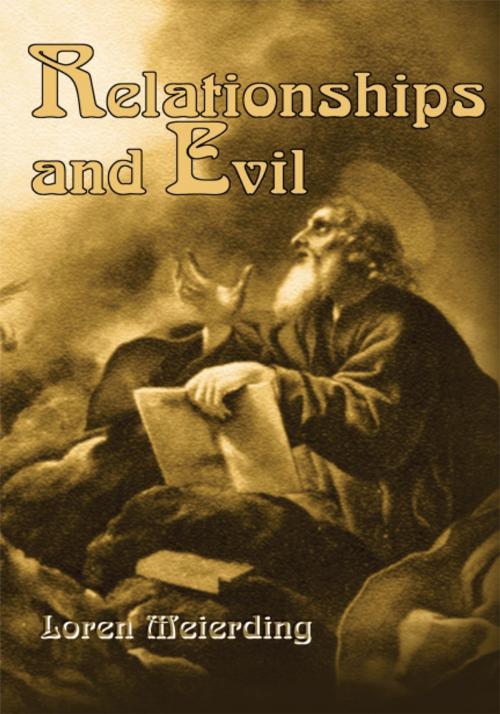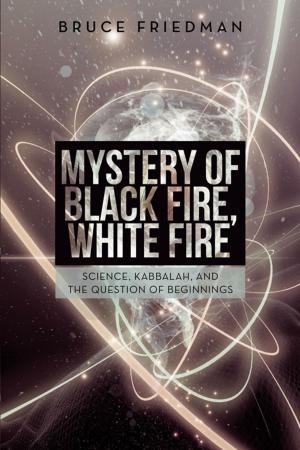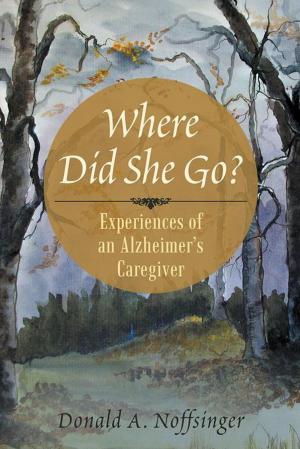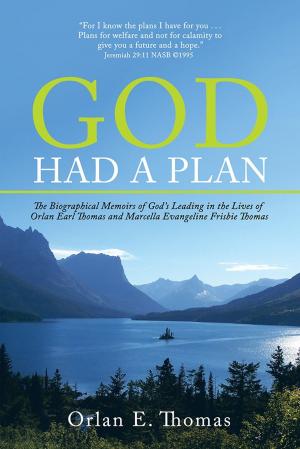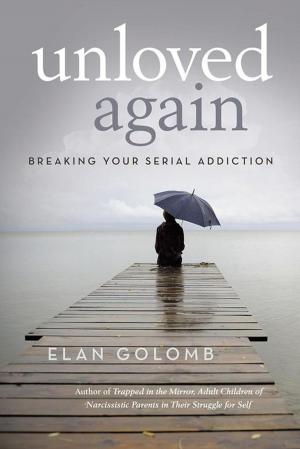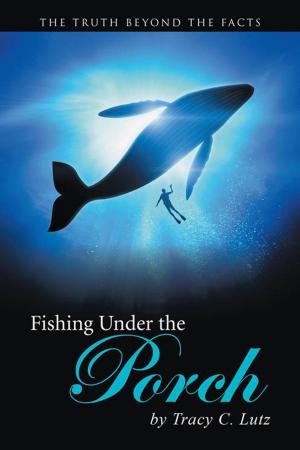| Author: | Loren Meierding | ISBN: | 9781469709772 |
| Publisher: | iUniverse | Publication: | October 23, 2000 |
| Imprint: | iUniverse | Language: | English |
| Author: | Loren Meierding |
| ISBN: | 9781469709772 |
| Publisher: | iUniverse |
| Publication: | October 23, 2000 |
| Imprint: | iUniverse |
| Language: | English |
The problem of understanding why an all-powerful and wholly good and loving God could permit so much evil to occur has puzzled many Christians as well as skeptics since St. Augustine grappled with the problem in the Fourth Century A.D. Many skeptics have found the evidence of evil sufficient to reject belief in God. The author believes that this book provides a comprehensive, plausible, and satisfying treatment of the problem of evil consistent with the Bible and orthodox Christianity. Traditionally free will and the value of character development have been the primary approaches to explaining evil. Many evils are not adequately explained by either approach. The book offers an approach emphasizing the value of relationships between persons. If relationships are to reach the greatest depth and have the greatest value, then evils are necessary. The environment must provide opportunities to make sacrifices, have risks and dangers, and have poverty and limited resources.
One chapter is devoted to analyzing the argument from evil against Gods existence. It shows evidence limited to evil alone is weak evidence. When evidence is expanded to evidence of good as well as evil and evidence for design, the evidence supports theism and weighs against naturalistic views.
The problem of understanding why an all-powerful and wholly good and loving God could permit so much evil to occur has puzzled many Christians as well as skeptics since St. Augustine grappled with the problem in the Fourth Century A.D. Many skeptics have found the evidence of evil sufficient to reject belief in God. The author believes that this book provides a comprehensive, plausible, and satisfying treatment of the problem of evil consistent with the Bible and orthodox Christianity. Traditionally free will and the value of character development have been the primary approaches to explaining evil. Many evils are not adequately explained by either approach. The book offers an approach emphasizing the value of relationships between persons. If relationships are to reach the greatest depth and have the greatest value, then evils are necessary. The environment must provide opportunities to make sacrifices, have risks and dangers, and have poverty and limited resources.
One chapter is devoted to analyzing the argument from evil against Gods existence. It shows evidence limited to evil alone is weak evidence. When evidence is expanded to evidence of good as well as evil and evidence for design, the evidence supports theism and weighs against naturalistic views.
